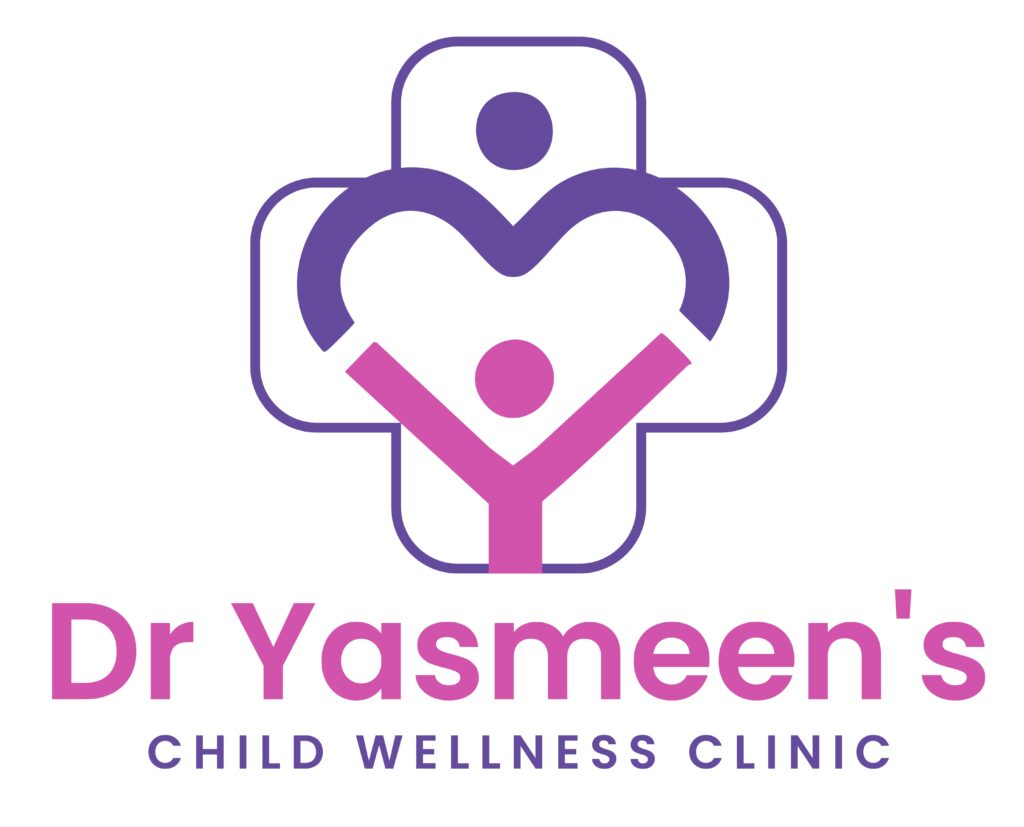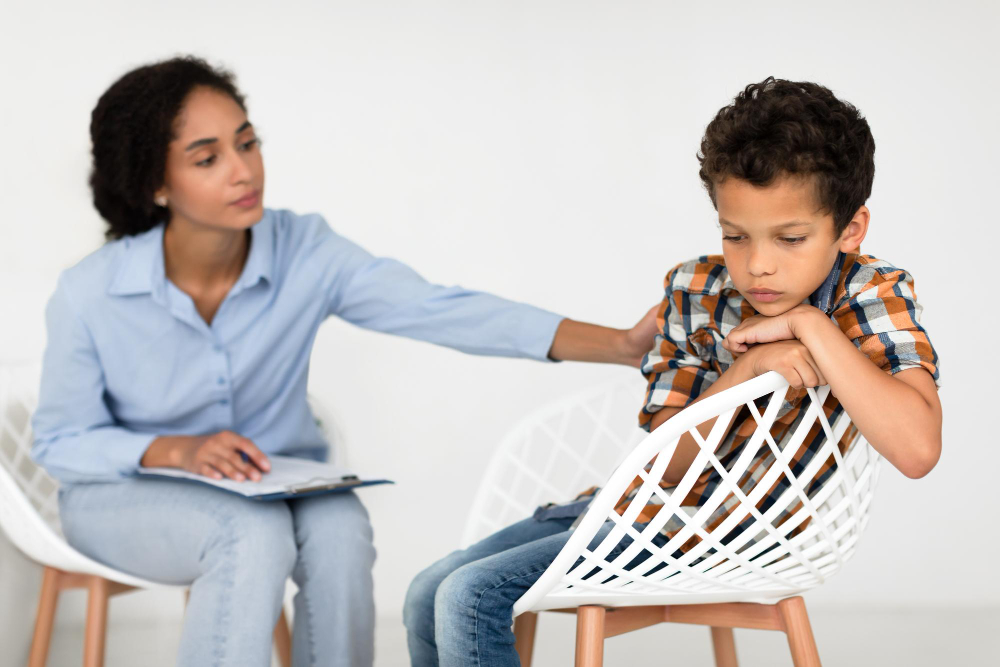Introduction: Understanding Mental Health in Children
Mental health in children is about how kids think, feel, and act. It affects how they handle stress, relate to others, and make choices. Good mental health helps children learn, grow, and enjoy life. However, many kids face challenges that can affect their emotional well-being. According to a study, around 1 in 5 children in India experience mental health issues. Because of this, it is important for parents and caregivers to know the signs and ways to help.
Common Symptoms and Warning Signs
Children may not always say when they feel sad or worried. Still, there are signs of mental health issues in kids that you can watch for. Early recognition can make a big difference. For example, look for these symptoms:
- Frequent sadness or mood swings
- Withdrawing from friends or family
- Changes in eating or sleeping habits
- Sudden drop in school performance
- Excessive fears or worries
- Anger or irritability
- Loss of interest in favorite activities
- Physical complaints with no clear cause (like headaches or stomachaches)
- Trouble paying attention or sitting still
- Talking about death or self-harm
Sometimes, these signs may be part of normal growth. However, if they last for weeks or get worse, it may be time to seek help.
Major Causes and Risk Factors
Many things can affect childhood mental health. Some children are more at risk than others. For instance, causes and risk factors include:
- Family history of mental health issues
- Chronic medical conditions
- Stressful life events (like divorce or loss)
- Bullying or peer pressure
- Abuse or neglect
- Poor school environment
- Low self-esteem
Not every child with these risk factors will develop problems. Yet, knowing them helps parents stay alert.
Diagnosis: How Mental Health Issues Are Identified in Children
Diagnosing mental health problems in children can be complex. Usually, doctors and mental health professionals talk with the child and family. They may use checklists or ask about behavior at home and school. Sometimes, teachers or caregivers share their observations. In addition, doctors may rule out physical causes. Early diagnosis helps children get the right support.
Treatment Options: Therapy, Counseling, and Medical Interventions
There are many ways to treat mental health issues in children. Treatment depends on the child’s needs. Common options include:
- Talk therapy (counseling) to help kids express feelings
- Family therapy to improve communication at home
- Behavioral therapy to teach coping skills
- Medication, if recommended by a doctor
- Support at school, such as counseling or special programs
Often, a mix of these treatments works best. Regular follow-up is important to track progress.
Lifestyle Guidance: Supporting Children’s Mental Well-Being at Home and School
Parents and caregivers play a big role in supporting children’s emotional well-being. Here are some ways to help at home and school:
- Encourage open conversations about feelings
- Set a daily routine for meals, sleep, and play
- Promote healthy eating and regular exercise
- Limit screen time and encourage outdoor activities
- Stay involved in your child’s school life
- Teach problem-solving and coping skills
- Model calm and positive behavior
At school, teachers and counselors can support children by creating a safe and welcoming environment. Working together helps children feel understood and valued.
Prevention Tips for Parents and Caregivers
While not all mental health issues can be prevented, there are steps you can take. For example:
- Build strong, trusting relationships with your child
- Encourage friendships and social activities
- Watch for early signs of stress or sadness
- Teach healthy ways to handle emotions
- Seek help early if you notice changes in behavior
Early support can reduce the impact of mental health problems later on.
When to Seek Professional Help
Sometimes, children need more help than families can give. If your child’s symptoms last for weeks, get worse, or affect daily life, it is time to seek professional help. For instance, reach out if your child talks about self-harm, withdraws from loved ones, or cannot cope with daily tasks. A pediatric mental health specialist can guide you and your child toward better well-being.
Consult a pediatric mental health specialist for personalized guidance.

